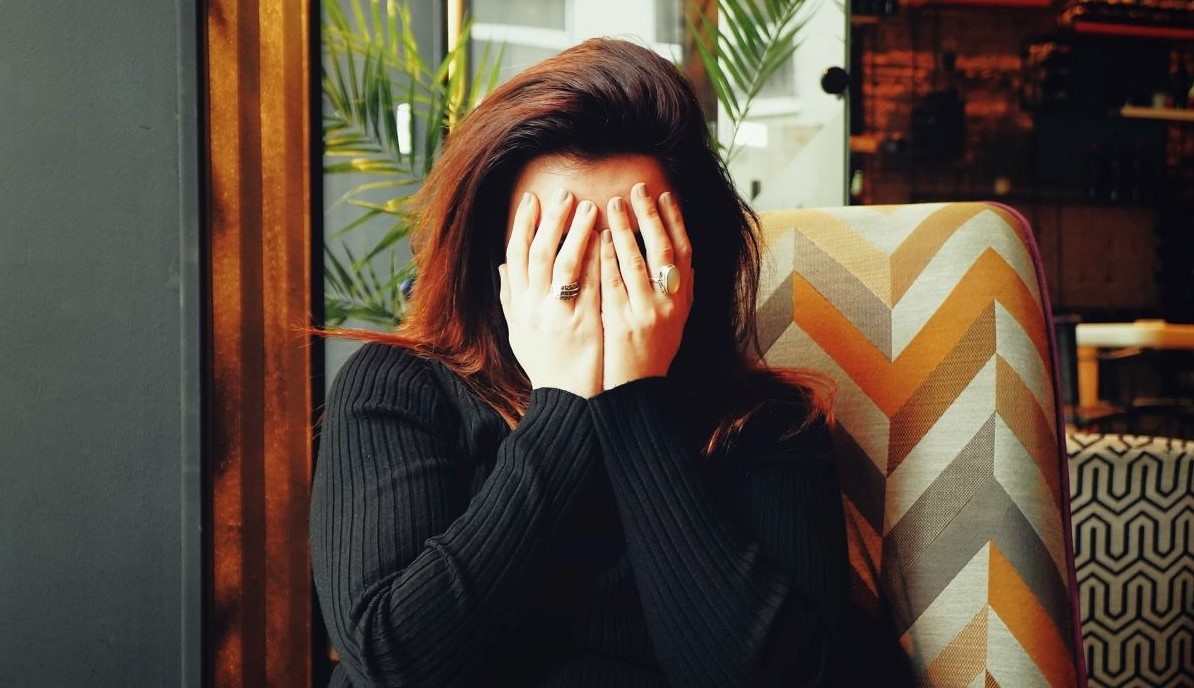
Why the Mental Health of Girls Needs National Attention
Canadian girls internalize emotional stress and report high rates of depression, psychological distress, anxiety disorders and eating disorders.
The recent Maclean’s cover story, entitled Revenge of the Teenage Girl, was too tempting not to read. No doubt they were publishing this in honour of the third International Day of the Girl taking place this Saturday, October 11. How surprising then, to find that this day was not even mentioned in the article, not even once.
We’ll admit that after reading the piece, we wondered if the Day was needed at all, as girls, led by ever-increasing numbers of celebrity feminists and corporations, seem to be doing very well indeed, thank you very much. No need for an International Day of the Girl to remind us of issues facing girls–they’re fast disappearing.
It’s true girls in Canada have come a long way over the past two decades. But not all girls.
Immigrant and racialized girls, as well as Aboriginal, rural and LGBT girls still face significant challenges on a day-to-day basis. So do more mainstream girls, for that matter. While it’s always good practice to stop and celebrate our achievements and accomplishments, we still have a long way to go to truly empower girls.
In actuality, the pressures facing girls and young women are becoming more numerous, more intense and more complex. Girls are dealing with expectations from home to excel academically and socially. They are subject to psychological and physical violence, as well as sexual harassment. They face new kinds of peer pressures—including online bullying, “sexting” and increasingly absurd standards of bodily and beauty perfection. Many of these issues also intersect with one another, creating increasingly more complex challenges for girls’ mental health.
The non-profit organization, Girls’ Inc. coined the term “supergirl dilemma” in a 2006 report to describe the pressure on girls to be everything to everyone, all the time.
Although all these issues facing girls and young women deserve attention and action, on this year’s International Day of the Girl, there are a couple of issues that deserve our targeted attention. Given the media attention on mental illness from recent high-profile suicides, perhaps girls’ mental health is the most urgent of these. A 2011 national survey completed on Canada’s young people by the Public Health Agency of Canada reinforced this fact when it reported that girls consistently reported more negative emotional health outcomes than boys.
Boys and girls also respond to these emotional stresses in very different ways. Boys are more likely to ‘act-out’ or externalize mental health issues, which often translates into higher rates of delinquency, substance use, and gambling addictions. On the other hand, girls are more likely to ‘act-in’ or internalize mental health pressures. They report higher rates of depression, psychological distress, anxiety disorders and especially eating disorders.
With all the myriad messages bombarding young people, from media to parents to teachers and yes, even to well-meaning non-profits and government departments, it’s no wonder mental health outcomes for girls are becoming news-worthy. In fact, a shocking report released last month by the Canadian Institute for Health Information shows that the rate of hospitalization for preteen and teenage girls with eating disorders is dramatically increasing.
But this is all just interesting information unless someone acts on it.
While activists, advocates, community organizations, and ordinary citizens continue to work toward a better future for girls, can we take more immediate action to change the coping behaviours used by girls and young women as they meet life’s challenges?
The good news is that empowering programming that addresses girls’ mental health exists. They include supportive role models, community engagement, and providing safer spaces in which girls can discuss their experiences and discover that they are not facing these issues alone. They also encourage critical-thinking, which is the best tool a girl can gain as she uncovers hidden messages about what a girl should be.
So do Canadian teenage girls need to take revenge on society, as the Maclean’s headline hints? Some might argue “yes,” due to many past injustices. But isn’t it more important to look to the future than dwell on the past? To do this, let’s empower girls through gender-specific, diversity-sensitive programs to choose self-care over self-harm. This International Day of the Girl, let’s make girls’ mental health a national priority.
By Saman Ahsan and Lee Tunstall
 Saman Ahsan is the Executive Director of the Girls Action Foundation, a national charity helping to create the next generation of strong Canadian women, based in Montreal.
Saman Ahsan is the Executive Director of the Girls Action Foundation, a national charity helping to create the next generation of strong Canadian women, based in Montreal.
 Lee Tunstall is the co-Chair of Girls Action Foundation and an adjunct assistant professor in the Faculty of Arts at the University of Calgary. She holds a PhD in history from the University of Cambridge.
Lee Tunstall is the co-Chair of Girls Action Foundation and an adjunct assistant professor in the Faculty of Arts at the University of Calgary. She holds a PhD in history from the University of Cambridge.








